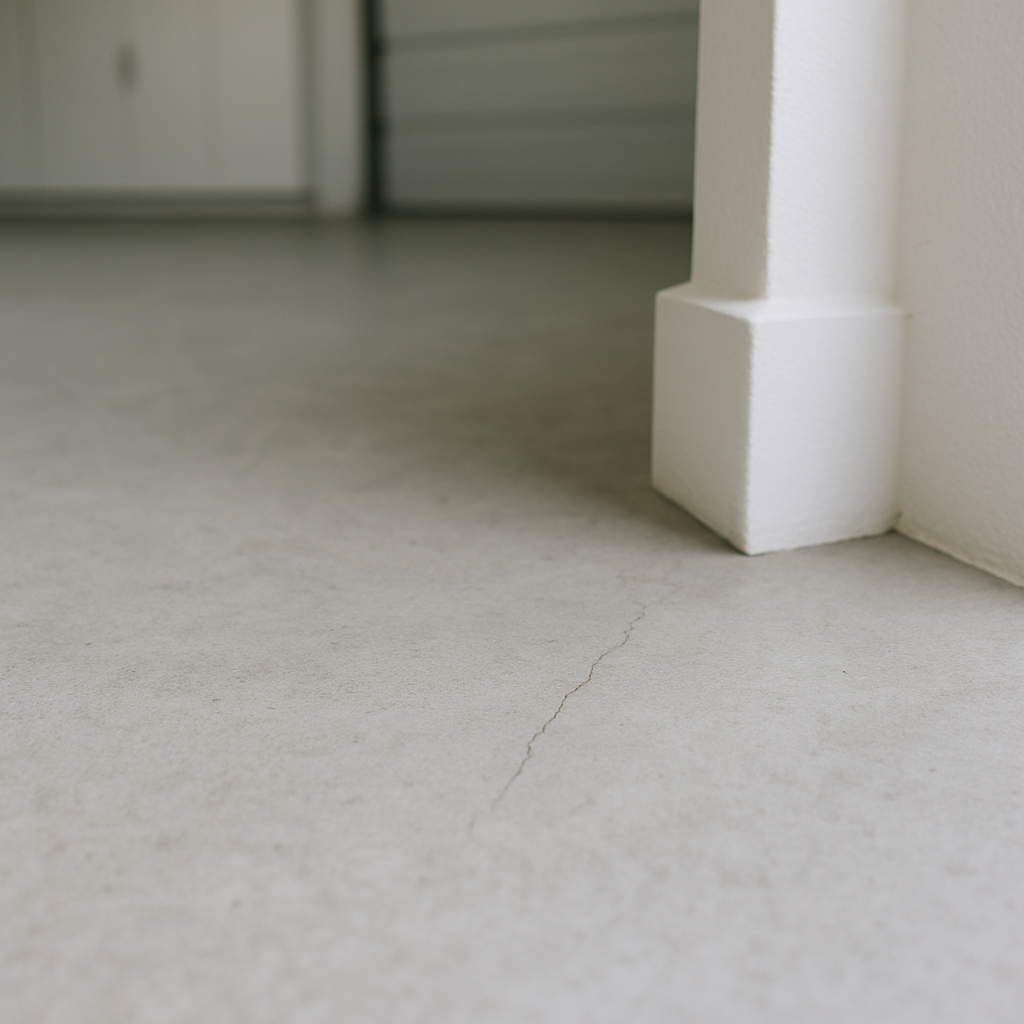Last updated on
Concrete, a ubiquitous construction material, owes its versatility to the myriad chemical compounds that can be added to its mixture. These concrete chemicals play a crucial role in enhancing the performance, durability, and workability of concrete, making it suitable for a wide range of applications.
From accelerating the curing process to providing resistance against harsh environmental conditions, these chemicals contribute significantly to the longevity and strength of concrete structures. In this article, we delve into the diverse applications of concrete chemicals, shedding light on their indispensable role in modern construction.
What's Inside
Enhancing Setting Time for Efficiency

One of the primary challenges in construction is the need for a quick setting time, especially in time-sensitive projects. Accelerating admixtures, commonly known as concrete accelerators, are chemical compounds added to concrete mixtures to expedite the setting and curing process.
These admixtures are particularly beneficial in cold weather conditions where the hydration process tends to slow down. Calcium chloride is a widely used accelerating admixture, effective in reducing the initial setting time and increasing early strength development.
While accelerating admixtures can significantly boost efficiency in construction projects, it is crucial to use them judiciously, as excessive amounts may compromise the long-term durability and performance of the concrete.
Protecting Concrete Against the Elements

Concrete structures are susceptible to the detrimental effects of water, leading to issues such as corrosion of reinforcement and the development of cracks. Waterproofing agents are essential concrete chemicals designed to mitigate these concerns by enhancing the impermeability of concrete.
Silanes, siloxanes, and crystalline waterproofing compounds are among the commonly used agents that penetrate the concrete matrix, forming a protective barrier against water intrusion. This not only safeguards the structural integrity of the concrete but also extends the lifespan of the construction.
Waterproofing agents find extensive application in areas prone to heavy rainfall, coastal regions, and underground structures where water exposure is a constant threat. Employing these chemicals is a proactive measure that ensures the longevity and durability of concrete structures, reducing maintenance costs in the long run.
Improving Durability in Harsh Conditions

Concrete structures often face challenging environmental conditions, such as freeze-thaw cycles, which can lead to the development of cracks and deterioration. Air-entraining agents are concrete chemicals specifically formulated to address this issue by introducing microscopic air bubbles into the concrete mixture.
These air bubbles act as a relief mechanism, allowing the concrete to expand and contract without causing significant damage. This is particularly crucial in regions with extreme weather conditions, where the expansion of freezing water within the concrete can lead to internal pressure and subsequent cracking.
By incorporating air-entraining agents, construction professionals can enhance the durability of concrete structures, making them more resilient to the effects of harsh climates. Additionally, these agents improve workability and reduce the amount of water required in the concrete mix, contributing to a more sustainable and eco-friendly construction process.
High-quality Products for Concrete Enhancement

In the realm of concrete construction, collaborating with a reputable company that provides high-quality products is paramount to achieving superior results. As professionals from DiamaPro explained, partnering with such a company not only ensures the reliability of concrete chemicals but also extends to a comprehensive range of products designed to enhance concrete performance.
From UV-cured coatings for concrete floors to precision UV curing lights, concrete maintenance equipment, diamond tooling, dust collection systems, and all the necessary accessories for floor preparation and coating, a trusted supplier can streamline the construction process. This collaboration not only guarantees the use of top-notch materials but also offers valuable insights into the latest innovations and best practices in the industry.
As construction technologies continue to evolve, such partnerships become instrumental in achieving optimal results, further emphasizing the interconnected nature of concrete chemistry and the broader spectrum of materials and tools used in modern construction.
Eco-friendly Concrete Chemicals
In recent years, there has been a growing emphasis on sustainability in the construction industry. Professionals are increasingly turning to eco-friendly concrete chemicals that not only enhance the performance of concrete but also align with environmentally conscious practices.
These sustainable innovations include bio-based plasticizers, recycled aggregates, and low-carbon footprint admixtures. By incorporating these green alternatives, construction projects contribute to reducing their environmental impact.
The integration of eco-friendly concrete chemicals signifies a progressive shift towards sustainable construction practices, reflecting the industry’s commitment to minimizing its carbon footprint while delivering durable and high-performance concrete structures.
Prolonging Concrete Lifespan
Beyond the initial construction phase, the longevity of concrete structures heavily relies on effective maintenance. Professionals underscore the importance of using specialized concrete maintenance products to preserve and prolong the lifespan of structures. This includes concrete sealers, repair mortars, and protective coatings.
These maintenance solutions serve as a preventive measure against wear and tear, environmental exposure, and potential damage. Regular maintenance not only ensures the aesthetic appeal of concrete structures but also safeguards their structural integrity, reducing the need for extensive repairs and replacements over time.
In the intricate world of construction, the use of concrete chemicals emerges as a pivotal factor in shaping the strength, durability, and sustainability of structures. Whether accelerating the curing process, protecting against water damage, improving resilience in harsh conditions, or adopting sustainable innovations, the role of these chemicals is diverse and indispensable.
Furthermore, collaborating with reputable suppliers for high-quality products ensures a holistic construction approach, integrating cutting-edge materials and tools. As the construction industry continues to evolve, a nuanced understanding of concrete chemistry and its broader applications becomes essential for crafting resilient and sustainable structures that stand the test of time.




